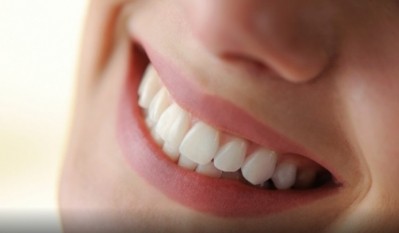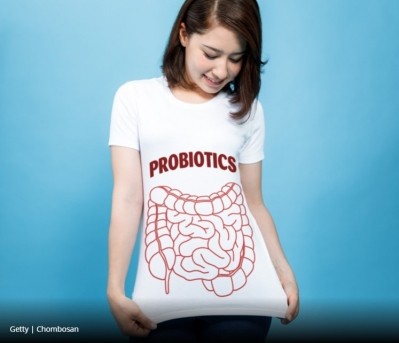Probi probiotic demonstrates potential in shaping infant gut microbiome

A dose of Lactiplantibacillus plantarum HEAL9 and Lacticaseibacillus rhamnosus 271 given to infants for eight weeks increased strain levels in faecal samples suggesting the probiotic blend was well tolerated.
Published in Nature Pediatric Research, Titti Niskanen, Director R&D & Clinical Operations at Probi comments that whilst L. plantarum is a species seldom analysed in newborns, it could be detected in 25% of the subjects before administration.
“The L. plantarum and L. rhamnosus strains establish well in the intestine of the newborns and are safe,” Niskanen points out.
“Intake of the study product was safe and did not result in any adverse effects on growth and infant behaviour.
“Furthermore, the study suggests that the two strains might have immune-supporting effects, as none of the newborns in the probiotic group experienced an upper respiratory tract infection (URTI) while 25% in the placebo group suffered from an infection during the study.” Niskanen adds.
Study details
The parallel, double blind randomised, placebo-controlled pilot study began by enrolling thirty-six healthy infants, aged 4–83 days (mean age 41 days).
These infants were given a daily supplementation of probiotics (Lactiplantibacillus plantarum HEAL9 and Lacticaseibacillus rhamnosus 271, 109 CFU (colony-forming units)) or placebo for eight weeks.
Results revealed an absence of differences between the groups in growth parameters, adverse events and intestinal performance.
Additional analysis revealed faecal levels of L. plantarum, L. rhamnosus and lactobacilli increased after the intake and were significantly higher compared with the placebo group after four and eight weeks
The researchers from Probi and Lund University in Sweden added that the faecal microbial diversity was similar in the two groups at the end of the study.
“Safety data are necessary for marketing and sales of probiotic strains, in particular targeting infants or young children, but also for products targeting adults and sensitive populations,” comments Tom Rönnlund, Probi’s CEO.
“This study adds to our knowledge of probiotics in newborns and children, and we will evaluate further investigations in the health benefits in infants,” he adds.
Despite the immaturity of the infant gut microbiome, a number of studies have suggested a positive outcome to giving infants probiotic bacteria early on in life.
Probiotics may be beneficial to children with colic since these children seem to be less colonised by the genus Lactobacillus and also seem to have a less diverse faecal microbiota.
Supplementation with probiotics could also reduce the risk of developing coeliac disease and other autoimmune diseases, as well as gastrointestinal infections.
ESPGHAN review & comment
In 2011, the European Society for Paediatric Gastroenterology, Hepatology, and Nutrition wrote that giving probiotics to healthy infants did not raise concerns regarding the growth and adverse effects.
However, the committee also added the safety of new probiotic bacterial strains cannot be extrapolated from other already investigated strains.
Strains of L. rhamnosus have been used as probiotics for infants and children in a number of probiotic products, marketed in many countries.
One of the most studied strains is L. rhamnosus GG, a favourite of companies such as Chr. Hansen and has been extensively studied across in newborns, preterm infants, children, pregnant women, adults and in the elderly, with no safety issues.
The specific L. rhamnosus strain investigated in this study, L. rhamnosus 271 (DSM (Deutsche Sammlung von Mikroorganismen) 6594), has also been studied in several human trials in adult subjects without any reported adverse events.
Probi added that the developed formulation would go on to be used for further evaluation for clinical efficacy in infants.
Source: Nature Pediatric Research
Published online: doi.org/10.1038/s41390-021-01678-1
“New Lactiplantibacillus plantarum and Lacticaseibacillus rhamnosus strains: well tolerated and improve infant microbiota.”
Authors: Gunilla Önning et al















